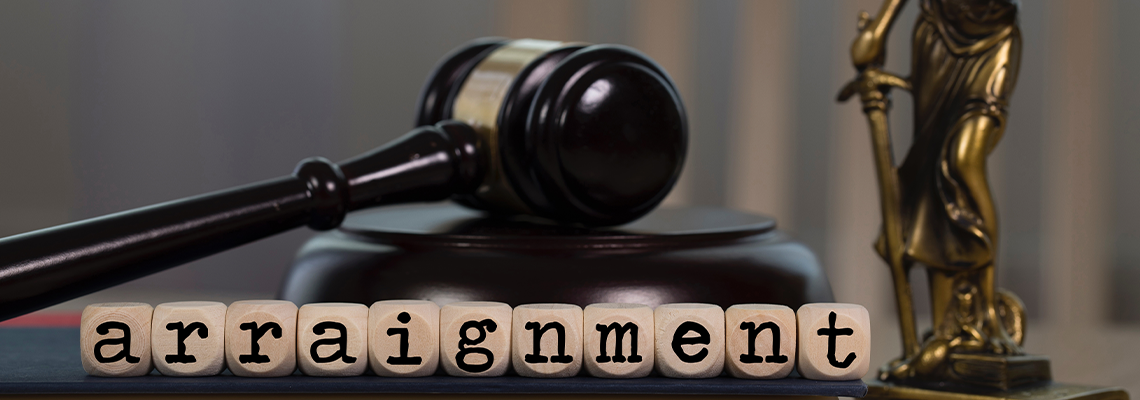
What to Expect at Your Arraignment
If you have been arrested or charged with a crime, the next step in the criminal justice process is arraignment, which marks your first formal appearance in court. While the arraignment is usually a short court proceeding, it plays a major role in how your case unfolds.
Regardless of the nature of the charges against you, it is not a good idea to navigate the criminal justice system without experienced legal guidance. Tom Cox works closely with clients throughout every stage of the criminal process, including arraignment. If you are facing criminal charges, contact the Law Offices of Thomas R. Cox III to discuss how to best prepare for the upcoming arraignment. Based in Dallas, Texas, Tom Cox provides aggressive and strategic representation to clients throughout Dallas County as well as Highland Park, Irving, University Park, Grand Prairie, and Mesquite.
What Occurs at the Arraignment?
At the arraignment, the defendant is brought before a judge who formally reads out the charges against him/her. The judge will also advise the defendant of their constitutional rights, such as the right to legal counsel. If the issue of bail has not been addressed yet, it will be set during the arraignment. The most critical part of the arraignment occurs when the judge asks the defendant to enter their plea. There are three plea options to choose from: guilty, not guilty, and no contest. What happens next depends on how the defendant pleads.
Under Texas law, defendants must be arraigned in court without unnecessary delay. In practice, arraignment typically occurs within two to three days after an arrest if the defendant is held in jail. However, if the defendant received a citation but was not arrested or bailed out immediately after the arrest, the arraignment may occur several weeks later.
Your Plea Options at the Arraignment
When someone is charged with a criminal offense, they have three options on how to plead at the arraignment:
Guilty. By pleading guilty, the defendant accepts the charges against him/her. A guilty plea also results in the automatic waiver of certain constitutional rights, including the right to a jury trial.
No contest (nolo contendere). The “no-contest” plea is for defendants who neither admit to committing the alleged offense nor do they deny the charges. As with a guilty plea, a no-contest plea results in the waiver of certain constitutional rights.
Not guilty. A “not guilty” plea is essentially what it sounds like. The defendant refuses to accept the charges and asserts their right to be considered innocent until the prosecution can prove otherwise. After pleading not guilty, the defendant’s case will go to trial.
If you or someone you love has been accused of a crime, you might want to consider hiring an attorney to get knowledgeable representation before the arraignment takes place. A skilled attorney can help you make an informed decision about your plea and ensure that your rights are respected at all stages of the criminal justice process.
How to Prepare for Your Arraignment
Preparation is key to a successful defense, which is why it is crucial to start preparing for your arraignment immediately following your arrest:
Hire an attorney. Your attorney will guide you through all the legalities of the criminal justice process, including arraignment.
Gather evidence. Your attorney will work to gather all available evidence and other important information that can prove your innocence, reduce the charges against you, or negotiate a more lenient penalty.
Determine your best course of action. As discussed earlier, you have three options regarding your plea at the arraignment. Your attorney will review the facts of your case and advise you on your best course of action.
If you need help preparing for the arraignment, contact the Law Offices of Thomas R. Cox III to get the guidance you need and navigate the criminal justice system with confidence.
Defending Your Rights & Future
Are you facing criminal charges and want to be prepared for what comes next? Contact the Law Offices of Thomas R. Cox III to get the representation you can trust. As your legal counsel, Tom Cox can investigate all the facts of your case, tenaciously represent your best interests during the arraignment and every other court appearance, and develop a strong defense based on the facts of your case. Request a free consultation today.
